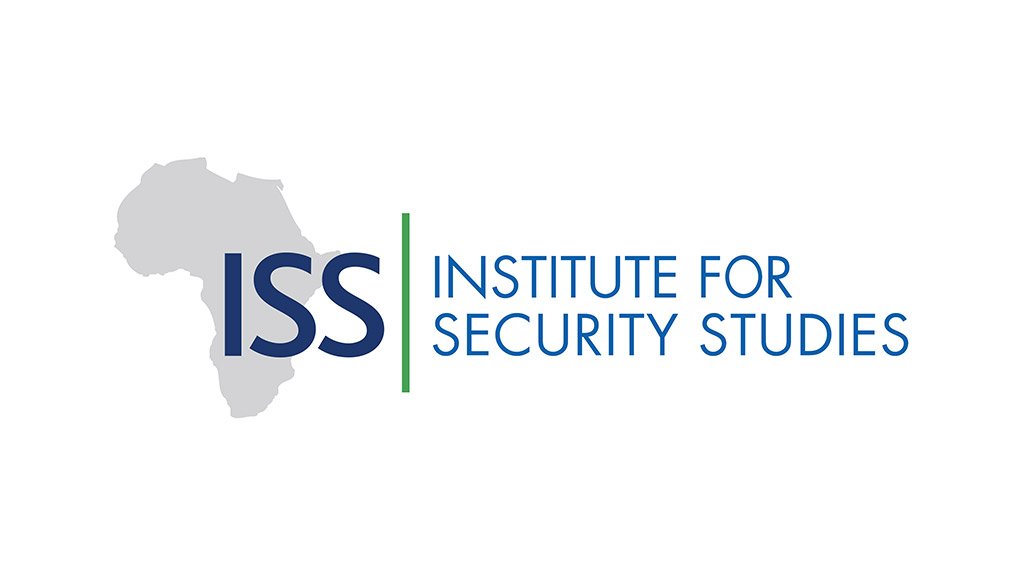At the African Union’s (AU) February summit, four new members were appointed for a three-year term on the Panel of the Wise. Given the many obstacles they face in this role, bold steps will be needed to fulfil the great responsibility placed on them.
Former Burundian president Domitien Ndayizeye is the panel chairperson. Other members are former Egyptian foreign minister Amre Moussa, Lady Justice Effie Owuor, Kenya’s first female high court judge and Professor Babacar Kanté, Senegal’s Constitutional Council Vice President. The fifth nomination to the panel, from Africa’s southern region, is pending.
This is the fifth panel to date, and by working with the new AU Peace and Security Council (PSC) members, it has an opportunity to tackle urgent conflicts and crises on the continent. But like previous panels since 2007, it faces considerable obstacles. These include a vague mandate, lack of clarity about its powers, structural limitations and inadequate financial and human resources.
Success will depend greatly on the goodwill of the PSC and AU Commission chairperson, Moussa Faki Mahamat, with whom the panel is expected to work closely. Members have vast experience in their fields, which include public administration, diplomacy, mediation and conflict resolution, multilateralism and legal affairs. To make an impact though, they will need an intimate understanding of Africa’s conflicts.
Panel members will also have to raise additional funds for their work and expand and leverage their networks in the AU, member states and regional economic communities. To implement their mandate, they must be prepared to take bold action.
The panel is a key component of the African Peace and Security Architecture and can be deployed by the PSC to de-escalate potential conflicts and mediate ongoing ones. The AU Commission chair may refer any matter needing action to the panel, which is also mandated to advise him and the PSC on all African peace and security issues.
Close cooperation will be needed with the Pan-African Network of the Wise, the Network of African Women in Conflict Prevention and Mediation and the Network of African Youth on Conflict Prevention and Mediation. The panel says it will ‘support ongoing political transitions in Sudan, South Sudan, Chad and Somalia.’
At its inaugural meeting on 28 and 29 March in Addis Ababa, the panel expressed concern over the extent and nature of conflict and instability in Africa. In light of the slow progress with South Sudan’s Revitalised Agreement, members called for the hybrid court and transitional justice mechanisms to be implemented.
In Somalia, the panel wants to see a better working relationship between the federal government and member states to complete the election process. On the conflict in Ethiopia, the panel commended mediation efforts by Olusegun Obasanjo, the AU High Representative for the Horn of Africa.
All three crises point to the panel’s overlapping mandates in addressing conflicts, which could hamstring its activities. The AU Commission chairperson has appointed a high representative for Ethiopia and special representatives for South Sudan, Somalia, the Democratic Republic of the Congo, Chad, Sudan and Mali. Although they are country specific, all these appointees have similar mandates to the panel.
While enacting PSC decisions, the special representatives take direction from the AU Commission chair, as does the panel. With onsite representatives, a dedicated office and resources to implement AU priorities, what comparative advantage does the panel bring to conflict management and resolution?
Regional economic communities also appoint their own eminent personalities with panel-like mandates – the most recent being the Southern African Development Community’s four-member Panel of Elders. The lack of a clear division of labour and poor coordination between the AU and regional bodies may limit the Panel of the Wise’s ability to act.
The PSC Protocol does allow the panel to initiate interventions to support conflict prevention by the council and AU Commission chairperson. But records from recent years show that the panel engaged only in thematic discussions and didn’t provide advice on country situations.
And although the panel is meant to meet regularly with the PSC and regional economic communities, this has seldom happened. Coordination is hampered because panel members aren’t based at the AU in Addis Ababa. The panel’s limited budget, which is set by the AU Commission chairperson, is also a problem.
The panel needs political autonomy and financial independence to help reduce conflicts and overcome its structural challenges. It should be able to address developing crises without the hindrance of PSC politics that prevent early intervention. More frequent briefings by the AU’s Continental Early Warning System are needed, and panel members must be ready to take bold steps under difficult circumstances.
Written by Shewit Woldemichael, Researcher, Africa Peace and Security Governance, ISS
This article was first published by the ISS’ PSC Report.
EMAIL THIS ARTICLE SAVE THIS ARTICLE ARTICLE ENQUIRY
To subscribe email subscriptions@creamermedia.co.za or click here
To advertise email advertising@creamermedia.co.za or click here











